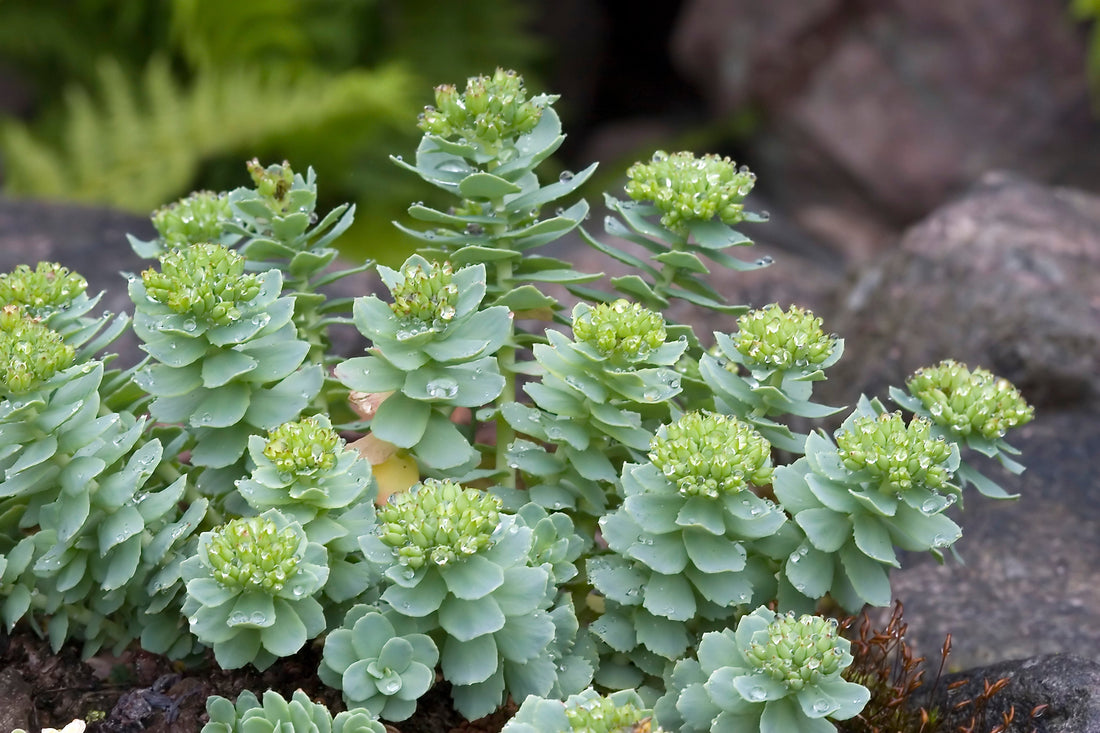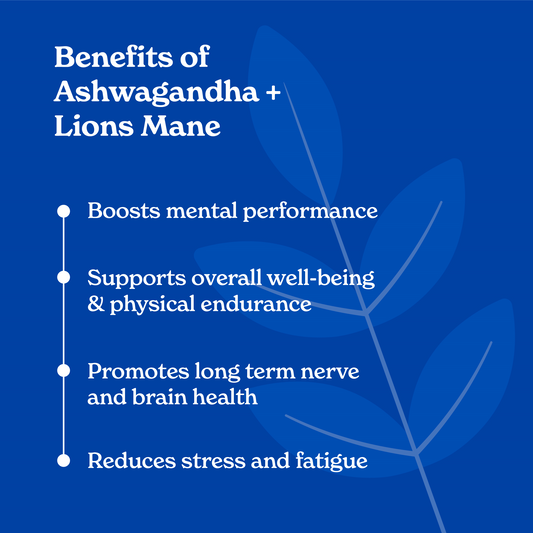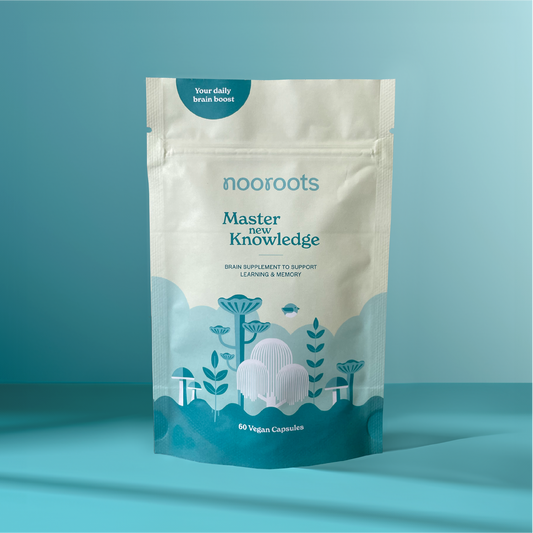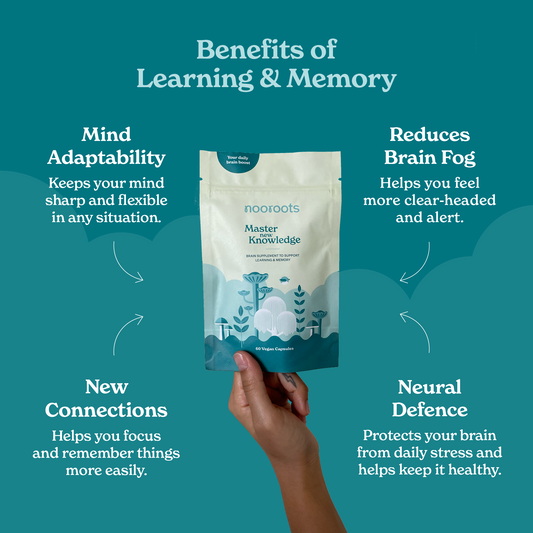Rhodiola rosea, also known as Golden Root or Arctic Root, is a natural nootropic and adaptogen — a compound that helps the body adapt to physical, emotional, and environmental stress. Traditionally used in Scandinavian and Siberian medicine, Rhodiola has attracted growing scientific interest for its potential to reduce fatigue, anxiety, and mild depressive symptoms.
In this article, we’ll explore findings from a scientific review that includes a pilot study investigating Rhodiola rosea’s effects on Generalized Anxiety Disorder (GAD). The goal is to assess whether this plant-based supplement could serve as a natural support for managing anxiety and everyday stress.
Have you ever wondered if a single botanical extract could help you feel calmer and more resilient? Let’s take a closer look at the research behind Rhodiola rosea.
Table of Contents
- Background
- Study Overview
- Results
- Discussion
- Conclusion
Exploring Rhodiola Rosea: A Natural Nootropic for Anxiety Relief

Background
Rhodiola rosea has been used for centuries in traditional medicine across regions such as Russia, Scandinavia, and Tibet. Historically, it was valued for its ability to combat fatigue, enhance endurance, and strengthen the body’s resilience to harsh climates and stress.
In recent decades, Rhodiola has gained widespread attention as a modern dietary supplement, often promoted for improving energy levels, elevating mood, and easing symptoms of anxiety and depression. This surge in popularity aligns with a broader public interest in natural approaches to mental and physical well-being.
Scientific research has begun to examine these traditional claims, with studies investigating Rhodiola’s adaptogenic, neuroprotective, and antidepressant-like effects. However, its overall efficacy and long-term safety remain areas of active research and debate.
Study Overview
A pilot study titled “A Pilot Study of Rhodiola rosea (Rhodax®) for Generalized Anxiety Disorder (GAD)” was conducted by Dr. Alexander Bystritsky, Lauren Kerwin, B.A., and Dr. Jamie D. Feusner, and published in the Journal of Alternative and Complementary Medicine in February 2008. The researchers set out to examine whether Rhodiola rosea—a plant known for its adaptogenic and nootropic properties—could help reduce symptoms of Generalized Anxiety Disorder (GAD).
The study followed an open-label design over 10 weeks, enrolling 10 adults diagnosed with GAD according to DSM-IV criteria. Participants were recruited through the UCLA Anxiety Disorders Program and were given a daily dose of 340 mg of Rhodiola rosea extract (Rhodax®).
To measure outcomes, the researchers used several standardized assessment tools, including:
- Hamilton Anxiety Rating Scale (HARS) – to evaluate anxiety severity Four-
- Dimensional Anxiety and Depression Scale (FDADS) – to track emotional and somatic symptoms
- Clinical Global Impressions of Severity and Improvement (CGI-S/I) – to assess overall clinical progress
The study primarily aimed to observe changes in anxiety symptoms and to assess the safety and tolerability of Rhodiola rosea as a potential natural treatment for GAD.
Results
The study reported a significant reduction in anxiety symptoms among participants treated with Rhodiola rosea. On average, Hamilton Anxiety Rating Scale (HARS) scores decreased from 23.4 at baseline to 14.1 at the end of the 10-week trial (t = 4.70, p = 0.001), indicating a meaningful improvement in anxiety severity.
Notably, half of the participants (50%) experienced a ≥50% reduction in HARS scores, and 40% met remission criteria, defined as a Clinical Global Impressions–Improvement (CGI-I) score of 1 or 2 and a final HARS score of 8 or below.
Adverse effects were generally mild to moderate and did not lead to discontinuation. The most commonly reported side effects included dry mouth (40%) and dizziness (20%). Overall, the treatment was considered well tolerated.
Discussion
The results of this pilot study suggest that Rhodiola rosea may offer notable anxiolytic (anti-anxiety) benefits, with participants showing a statistically significant reduction in anxiety symptoms (t = 4.70, p = 0.001). These findings are consistent with previous research on Rhodiola’s adaptogenic effects, which support the body’s ability to manage stress.
However, the study’s small sample size, open-label design, and lack of a placebo control limit the strength of its conclusions. Because both participants and researchers were aware of the treatment, placebo effects or bias cannot be ruled out.
Future studies should employ larger, double-blind, placebo-controlled trials to verify these results and assess Rhodiola’s long-term safety and interactions with other medications.
For now, Rhodiola rosea may be considered a promising natural option for supporting mild to moderate anxiety, but anyone considering supplementation should consult a qualified healthcare professional, especially if taking other medications or managing existing health conditions.
Conclusion
This pilot study suggests that Rhodiola rosea may help reduce symptoms of anxiety and could offer a well-tolerated, natural option for supporting mental well-being. While these findings are encouraging, the small sample size and open-label design mean that larger, placebo-controlled trials are needed to confirm its effectiveness and long-term safety.
If you’re considering adding Rhodiola rosea to your routine, it’s best to consult your healthcare provider—especially if you’re already taking medication or managing an anxiety disorder.







